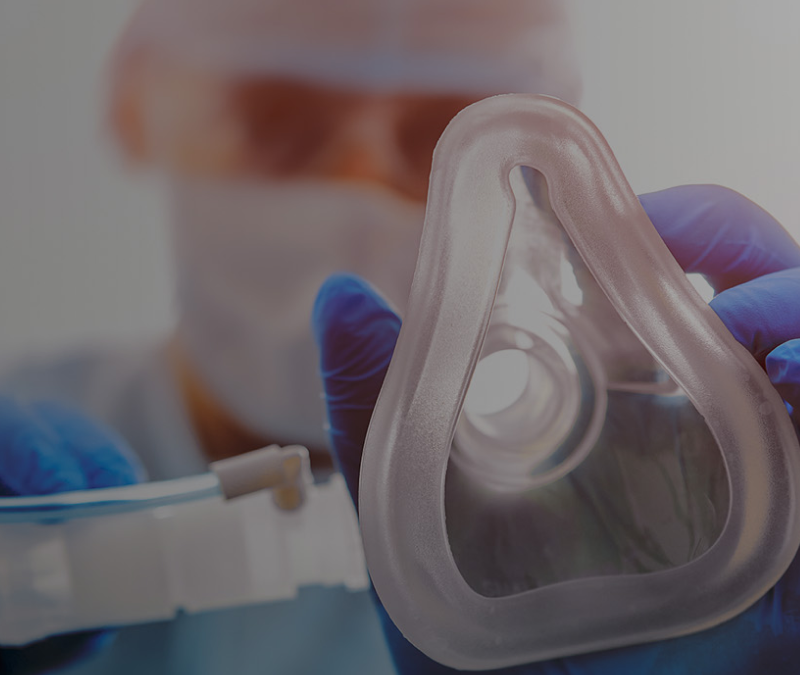Anaesthesia is a medical subspecialty that helps to reduce pain before, during, and after surgery. Intensive care medicine treats all kinds of diseases, from acute to chronic. Some life-threatening conditions are also treated, such as administering anaesthesia is a very risky procedure and requires great skill.
Our department has a dedicated team of anaesthesiologists, intensive care specialists, and skilled nurses who provide a comprehensive range of services for all types of surgeries, trauma and other critical conditions.
All our staff in this department are ALS/BLS (Advanced Life Support/Basic Life Support) trained. We aim for our patients to have a comfortable and pain-free experience during their period of hospitalisation.
Treatments & Procedures
We provide comprehensive treatment for all types diseases under one roof. Our highly experienced doctors supported by especially trained clinical staff, ensure the best care for you.
FAQs
Want to find out more about the treatment? The answer to your questions can be found below.
What question should you ask an anesthesiologist?
When you consult an anesthesiologist before a surgical procedure, you can ask them about the type of anesthesia they will perform. Also, if you have any questions regarding the procedure, you must not hesitate to ask them.
Blogs
The source of trustworthy health and medical information. Through this section, we provide research-based health information, and all that is happening in Aster Hospital.











